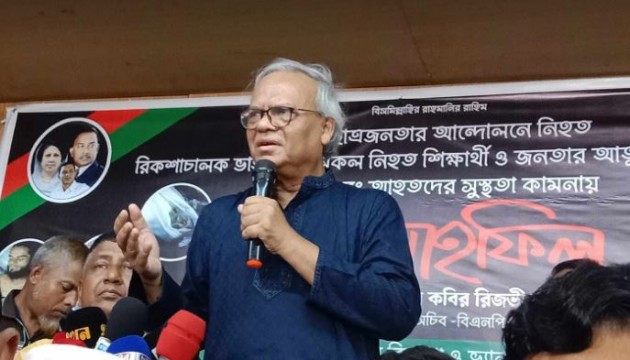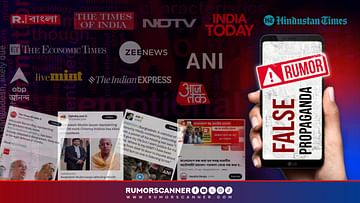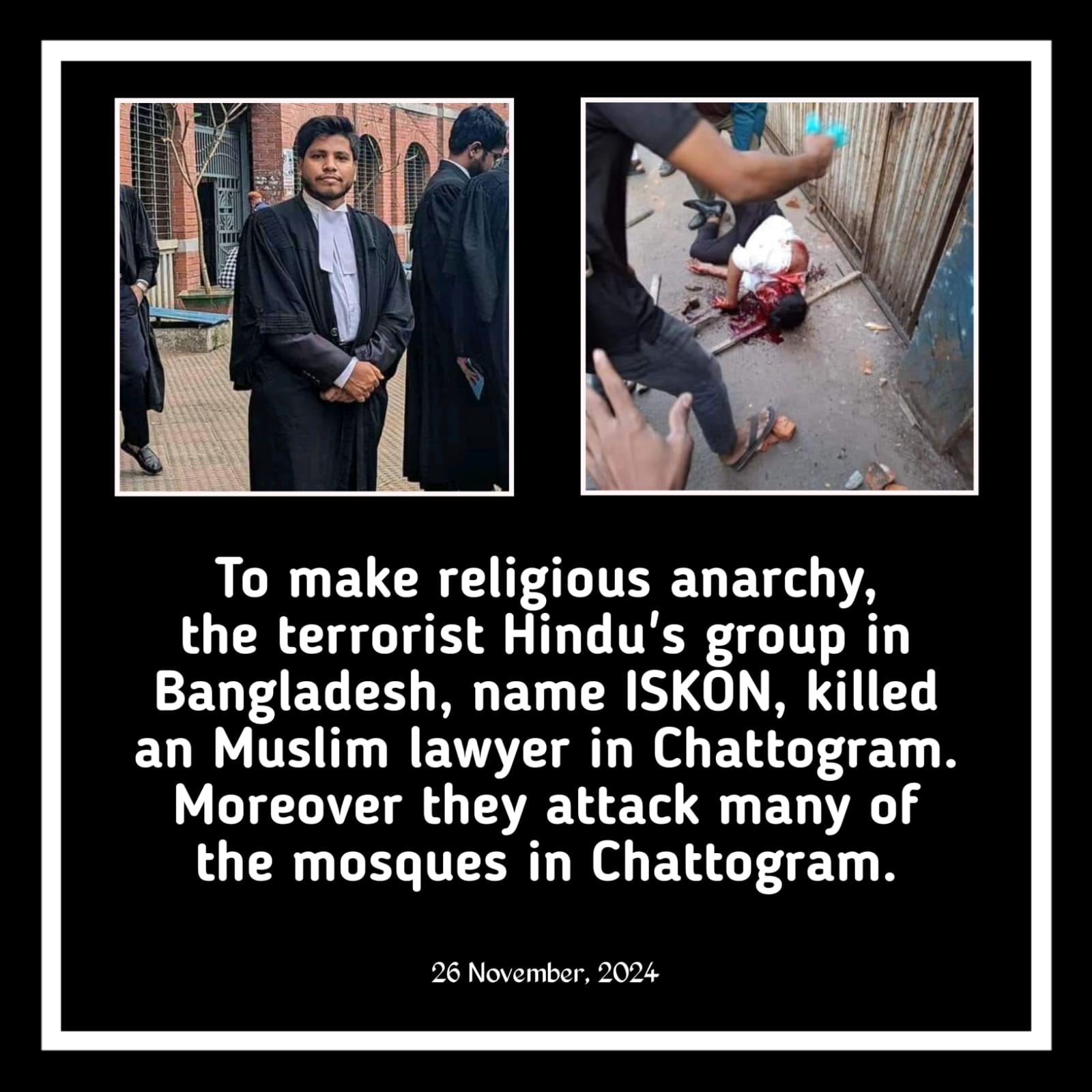The BNP appears to be engaging in divisive politics once more. Through their recent speeches and actions, they are fostering an environment of polarization rather than promoting unity in the country. The party seems more focused on criticizing their opponents and reigniting old grievances rather than addressing the real issues facing Bangladesh today. This approach risks pushing the country further into a cycle of political instability and division. The people of Bangladesh have experienced governance under both the BNP and the Awami League, and deserve leadership that prioritizes unity, progress, and democratic principles over partisan conflict and divisive rhetoric.
On 31 August, BNP’s Senior Joint Secretary General, Advocate Ruhul Kabir Rizvi, delivered a speech at a prayer meeting, criticizing the history of collusion among the Awami League and other political parties. He said, “We have seen many engage in collusion at various times, but we are not a party that colludes. Even after being backed against a wall for 16 years, we are a party that moves forward by leaving that wall behind.”
Rizvi described the BNP as a party that upholds the ideals of the Liberation War and claimed that the BNP is a leader in democratic struggles. He referred to the Awami League government as a “fascist government,” arguing that it has manipulated state machinery to stay in power and amended the constitution for its own benefit.
He further mentioned that Sheikh Hasina, during her time in power, never adhered to the principles of democracy and that democratic values deteriorated under her rule. Rizvi said, “Hasina once said that those who would participate in elections under Ershad’s rule were national traitors. This is typical of Sheikh Hasina’s character; within 48 hours, she herself went to elections under Ershad’s rule.”
Criticizing media owners, he accused Sheikh Hasina of giving television channels to her own appointed people and claimed that most of the television stations are run by members of the Awami League, which obstructs the proper coverage of BNP’s activities.
Rizvi’s speech reflects a return to the divisive rhetoric that has often been characteristic of the BNP. His comments imply a narrow-minded approach, where the focus is on creating a divide rather than promoting unity in the country. By attacking other political entities, BNP seems to be fostering a polarized environment, which is detrimental to the overall political landscape of Bangladesh.
BNP’s belief that they would win if elections were held now overlooks the reality that the people of Bangladesh have experienced governance under both BNP and Awami League. Rizvi’s statements could inadvertently embolden the hidden elements former dictator Sheikh Hasina’s goon.










